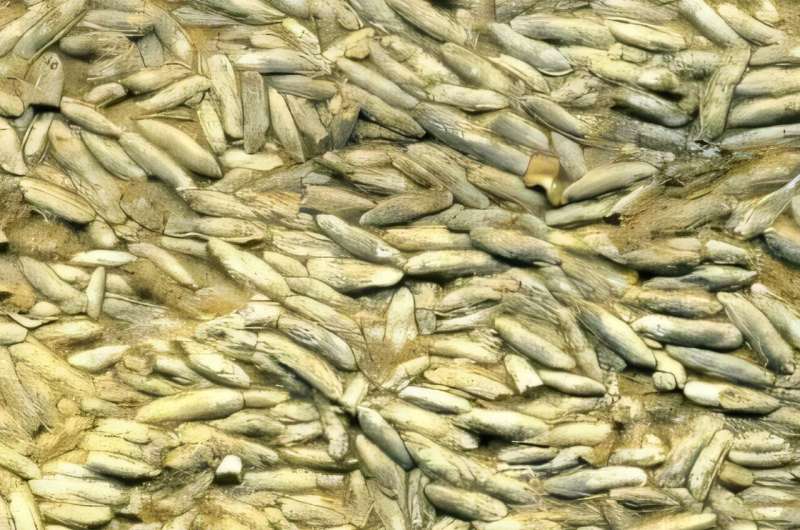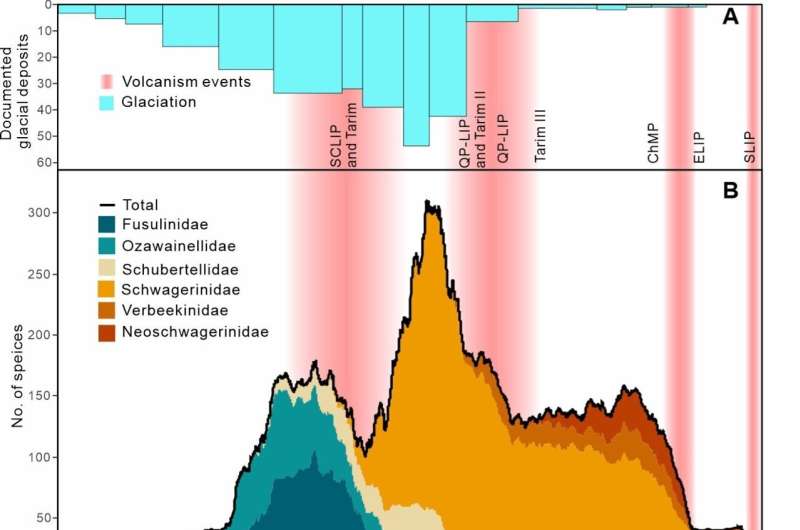Imagine a time when giant marine organisms roamed the oceans, their fates tied to the planet’s shifting climate. A recent study sheds light on how ancient lifeforms responded to drastic changes in temperature—giving us insights that resonate today as we face our own climate crisis.

Researchers from Nanjing University, led by Professor Shuzhong Shen, have made some fascinating discoveries regarding climate changes that occurred over 300 million years ago. Their findings, recently published in Science Advances, reveal that periods of global cooling allowed marine life, particularly a group of single-celled organisms known as fusuline foraminifera, to thrive and diversify.
Fusuline, often referred to as “carbonate rock factories,” were abundant and integral to ancient marine ecosystems. The researchers traced their evolutionary journey over a staggering 91.8 million years, noting that fusuline populations experienced significant growth during cool periods but faced extinction during harsh warming events—especially those triggered by volcanic eruptions.
A major turning point for this tiny yet impactful group occurred about 260 million years ago, linked to the massive Emeishan volcanic activity. Following this event, fusuline populations drastically declined, and by the end of the Permian period, a supervolcanic eruption during a catastrophic climate shift brought their evolutionary success to a halt.

Today’s rapid climate change, caused by human activities, is occurring even faster than the warming events faced by ancient fusuline foraminifera. This calls into question the resilience of our current marine ecosystems, which might just be in for a similar challenge to that of the past.
The research stands out not just for its historical intrigue, but for its innovative approach in constructing the first high-resolution timeline of fusuline diversity. By combining supercomputing power and AI algorithms, the team analyzed data from 299 stratigraphic layers and over 2,000 species. This detailed analysis revealed patterns of life and extinction critical to understanding how climate impacts biodiversity.
As Professor Shen aptly stated, “Mitigating climate change and protecting ecosystems is an urgent task of our time.” The contributions of Ph.D. students Zhang Shuhan and Zhao Yingying, alongside Professor Shen and fellow researcher Shi Yukun, highlight a collaborative effort to ensure we learn from our planet’s past.
More information:
Shu-han Zhang et al, Global cooling drove diversification and warming caused extinction among Carboniferous-Permian fusuline foraminifera, Science Advances (2025). DOI: 10.1126/sciadv.adv2549. www.science.org/doi/10.1126/sciadv.adv2549
If you would like to see similar science posts like this, click here & share this article with your friends!

